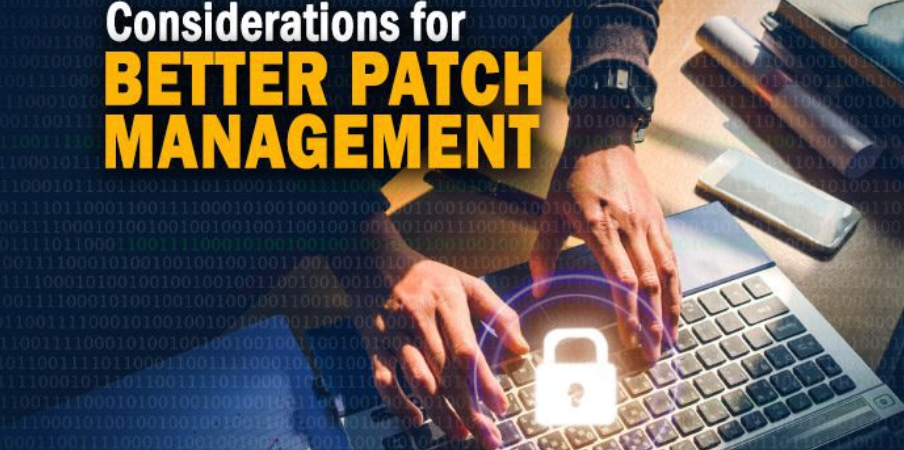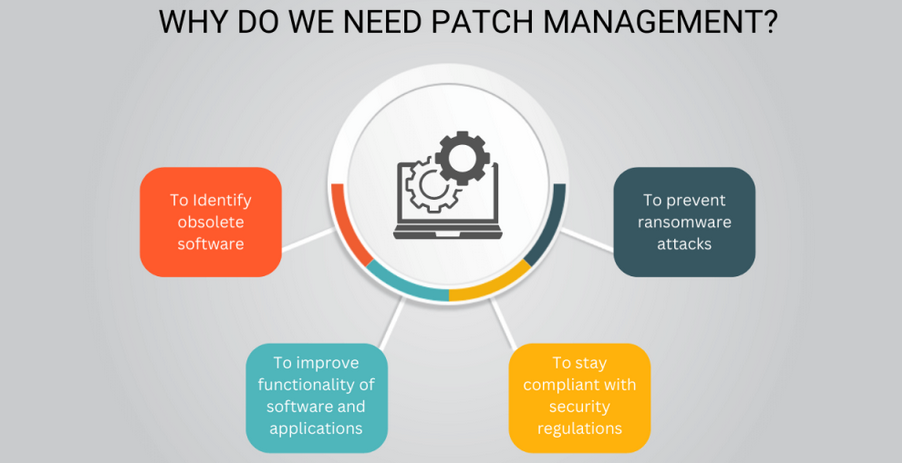HIPAA is a significant piece of legislation enacted in the US in 1996. HIPAA has had a profound impact on the healthcare industry, particularly concerning the handling of protected health information (PHI) and patients’ privacy rights. The primary goal of HIPAA is to protect the privacy and security of individuals’ PHI, including medical records, treatment history, health insurance information, and any other data that can be used to identify patients. Here’s an explanation of HIPAA’s key components and objectives:
- Scope: HIPAA applies to healthcare providers, health plans, healthcare clearinghouses, and their business associates who handle PHI.
- HIPAA privacy rule: This rule establishes standards for the use and disclosure of PHI by healthcare providers and health plans. It grants patients specific rights over their health information, including the right to access their records and the right to request corrections.
- HIPAA security rule: This rule sets forth security standards for electronic PHI (ePHI). It requires covered entities to implement safeguards to protect ePHI against unauthorized access, breaches, and security threats. These safeguards include encryption, access controls, and security risk assessments.
- Transactions and code sets: HIPAA standardized electronic transactions and code sets to simplify and streamline healthcare billing and other administrative processes.
- National provider identifier (NPI): HIPAA mandated the use of a unique NPI for healthcare providers, making it easier to track and manage billing information.
- Breach Notification Rule: The Breach Notification Rule under HIPAA mandates that covered entities must inform affected individuals, the US Department of Health and Human Services (HHS), and potentially the media when an unauthorized disclosure of unsecured PHI takes place.
- Enforcement and penalties: HHS’s Office for Civil Rights (OCR) enforces HIPAA compliance. Non-compliance can result in civil and criminal penalties, including fines ranging from thousands to millions of dollars, depending on the severity of the violation.
- Patient rights: HIPAA grants patients various rights over their PHI, including the right to access their health records, request corrections, and obtain copies.
- Electronic health records (EHRs): HIPAA has promoted the adoption of EHRs to improve the efficiency and security of healthcare data management.
HIPAA is a critical regulation for the healthcare industry, aimed at safeguarding patient privacy and the confidentiality and security of their health information. Compliance with HIPAA is not optional; it is legally mandated for entities handling PHI in the US. Violations can lead to significant penalties, legal consequences, and damage to an organization’s reputation. For more details about it, refer to HIPAA’s official website: https://www.hhs.gov/programs/hipaa/index.html.



